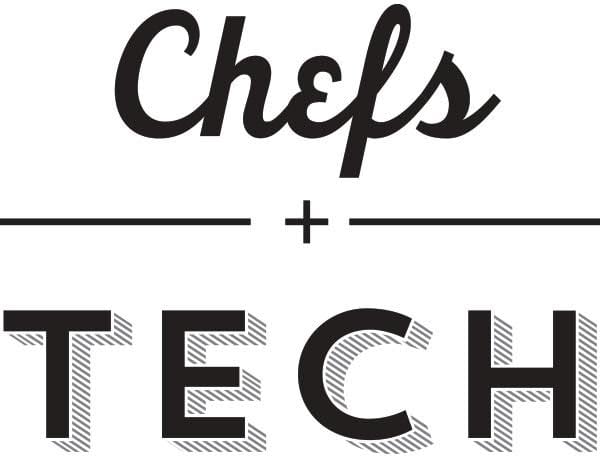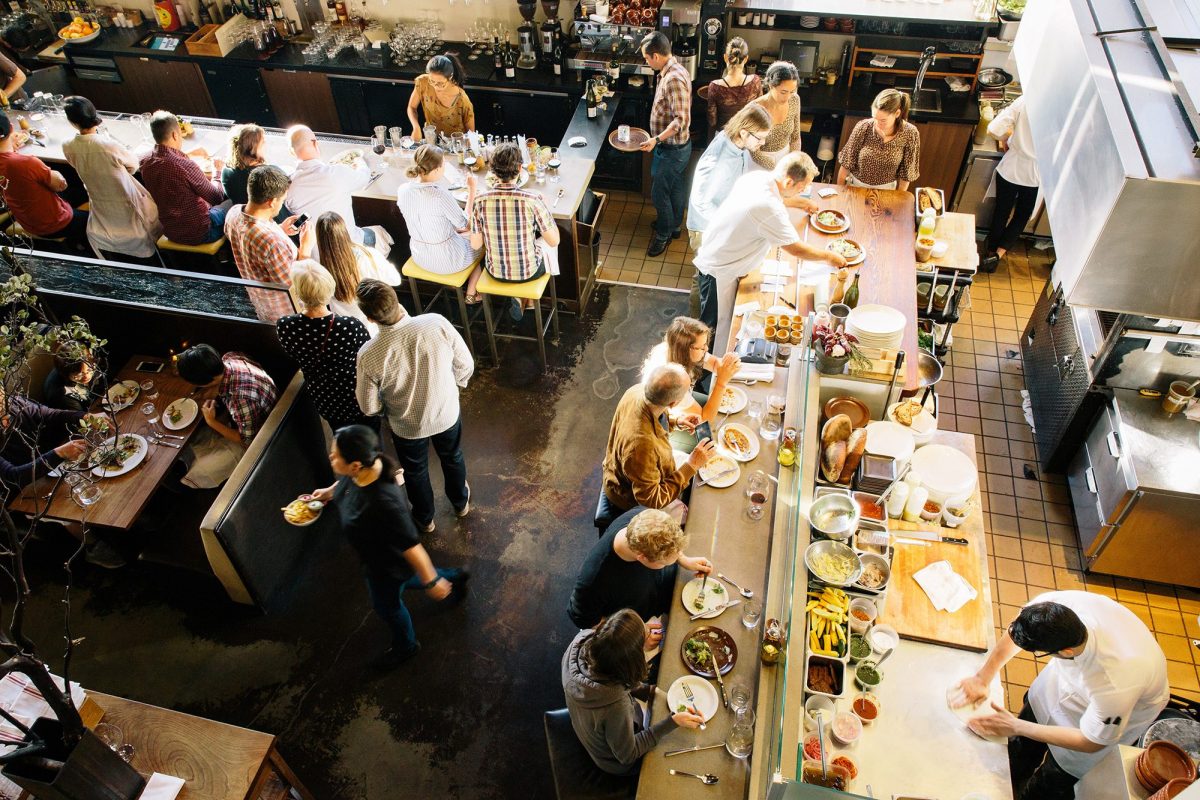Skift Take
If bots can generate fake reviews that pass as real, the entire online review system will be completely useless. This is our future.
 Editor’s Note: In September we announced that Skift was expanding into food and drink with the addition of the Chefs+Tech newsletter.
Editor’s Note: In September we announced that Skift was expanding into food and drink with the addition of the Chefs+Tech newsletter.
We see this as a natural expansion of the Skift umbrella, bringing the big-picture view on the future of dining out, being fanatically focused on the guest experience, and at the intersection of marketing and tech.
We publish C+T twice weekly.
Oh Good, Artificial Intelligence Can Write Passable Restaurant Reviews
As if online reviews didn’t already have a legitimacy problem (looking at you, one-star-because-it’s-closed-on-Monday Yelpers), a recent University of Chicago paper details how easy it is to use artificial intelligence (or, bots) to produce fraudulent restaurant reviews. The bots can read real reviews posted by real people and learn the language, posting real-sounding reviews that can even go undetected by a site’s automated bot-detection software. Sites like Yelp use software to detect fake reviews, presumably including those posted by not-humans. Since reviews carry increasingly important weight as diners decide where to eat, being able to game the system, either for or against a restaurant, can have a serious impact on any restaurant’s bottom line.
Also consider, though, that we seem to be accepting that many reviews are in fact somehow disingenuous, instead preferring to trust reviews and recommendations from friends and online social circles as opposed to blind reviews from strangers. There’s an interesting thread in here somewhere about online identity and the power of a personal connection as it comes to decision-making and recommendations. As bots become more sophisticated, how else can you avoid review fraud?
Michelin Invests in France’s Le Fooding
The Michelin Guide, with a process shrouded in secrecy, continues to carry a kind of clout among high-end restaurants and diners. (A new documentary about the guide will debut on September 23 at the San Sebastian film festival.) While the guide has persisted with its high standards and ceremonious star-rewarding, its image is anything but hip — probably closer to stodgy and stuffy, TBH — and facing plenty of competition from younger review sites and guides that are just as well-respected by restaurants and diners alike. It looks like the 117-year-old guide is keeping its eye on the future, though, as it purchases a minority 40 percent stake in Paris-based Le Fooding, a considerably hipper but still wonderfully French restaurant review and rating site.
According to Michelin’s press release, Le Fooding’s ability to identify trends (a.k.a. appeal to the millennials) makes it valuable, and from the partnership we can expect “exclusive and diverse gastronomy experiences for customers; from quality table discoveries and meetings with chefs, to tailor-made events and special offers with its partners” in France and beyond. While the restaurants featured on Le Fooding are in France, its social channels, most notably its popular Instagram feed, features restaurants from around the world. Everyone who’s reported this investment has mentioned it’s a play to reach a younger audience, and I’m no exception.
Though also important: Consider whether this means that the Michelin Guide itself, which has previously come under fire for being too biased toward traditional French cuisine and traditional fine dining, will lean more heavily in that direction, paving the way for younger, hipper, newer siblings to take on the reviews and recommendations of the newer, the underground, the not-as-fine dining that Michelin is not known to cover. Also important to note that Michelin’s investment, while substantial, is a minority stake and not an acquisition.
The Pete Wells Restaurant Wish list
The New York Times released its fall food preview last week, including a great first-person essay from restaurant critic Pete Wells detailing his wish list for fall restaurant openings. Instead of detailing the specific restaurants he feels his city (and country) needs, his list reads more like a wish list for the future of the industry and a significant social statement.
“But the restaurant business has become a cultural obsession, and people who are talented and lucky enough to have had some success in it don’t have to devote their lives to feeding the same sliver of society over and over,” he writes, calling for more restaurants to employ more women and people of color. He’s also hoping to see more high-quality restaurants that offer lower price points, and the ability for small, independent restaurants to raise funding from the same notable investors who happily back larger projects from well-known talent.
He’s right to say that restaurants are having a moment in the cultural spotlight right now; given the news and political climate plus the features of the restaurant industry, they’re in a unique position to affect real change. The thing is, these sorts of establishments can only exist in an ecosystem that supports them. If Wells makes good on his promise to “be looking at the lower rungs of the ladder for a chance to celebrate fresh, individual points of view,” he can help usher in the changes he wishes to see.
The Summer in Restaurant Trends
Whether summer’s spent tied to a desk or lounging by the pool, we all still have to eat. Warmer weather will always be associated with al fresco dining and cool beverages, but others trends are merely passing (looking at you, frosé), while others have the potential to turn into honest-to-goodness innovation. Here are the four standout restaurant trends of the summer, on Skift, that are poised to shape the way the industry does business.
Digestifs
- How fast-casual restaurants have changed the way America eats — Washington Post
- Pizza Hut’s latest marketing promotion takes direct aim at rival Domino’s — Nation’s Restaurant News
- Who is winning the food delivery war? Priceonomics runs the numbers — Priceonomics
The Daily Newsletter
Our daily coverage of the global travel industry. Written by editors and analysts from across Skift’s brands.
Have a confidential tip for Skift? Get in touch
Tags: michelin, restaurants
Photo credit: Anonymous online reviews are already so subjective they border on useless. If bots can write them undectected, those reviews will be obsolete. Nopa SF
